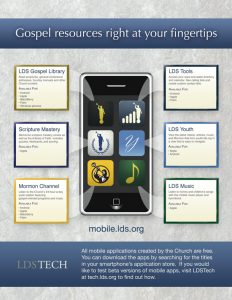Among The Improvement Of Societal Characteristics, The Evolving Function Of Churches Showcases Their Long-Lasting Significance In Communities-- Are They Really Being Redefined?

Material Develop By-List Burch
You might consider churches as simply puts for prayer, but their role has actually evolved significantly gradually. They have actually changed right into community hubs, addressing numerous social issues and promoting connections among members. As culture changes, churches face one-of-a-kind challenges and must adjust to stay appropriate. What's driving this transformation, and just how do contemporary churches influence today's neighborhoods? Discovering visit my home page discloses much concerning their long-lasting importance.
The Evolution of Churches With Background
As culture has actually progressed, the function and framework of churches have changed significantly. You could observe that very early churches mostly functioned as churches and area celebration, rooted deeply in practice.
With time, these organizations adapted to the changing demands of their congregations, frequently mirroring societal shifts. For example, the Reformation triggered a surge in diverse religions, each welcoming distinct ideas and practices.
Today, lots of churches concentrate not simply on spirituality but likewise on social issues, involving with contemporary challenges like destitution and inequality. This advancement shows how churches continue to be relevant, dealing with modern issues while preserving their core mission.
Comprehending this journey aids you appreciate the long lasting influence of churches in our lives.
The Role of Churches in Community Structure
Churches play a vital function in developing solid neighborhoods by cultivating connections among individuals and households. They provide a welcoming area for individuals to gather, share experiences, and assistance each other.
By organizing occasions like potlucks, workshops, and volunteer possibilities, churches urge engagement and partnership amongst members. You'll find that these events usually result in lasting friendships and networks of assistance.
Additionally, churches typically act as a hub for outreach, aiding those in need via food drives, counseling, and various social work. Read More In this article produce a sense of belonging, advising you that you become part of something larger.
When you engage with your regional church, you're not simply going to services; you're actively contributing to a dynamic, interconnected neighborhood that thrives on shared assistance and compassion.
Difficulties and Adaptations in Contemporary Society
While community structure remains a foundation of church life, contemporary culture offers one-of-a-kind challenges that call for adjustment. You have actually likely observed declining attendance and changing demographics, making it essential for churches to reconsider their approaches.
Involving more youthful generations with technology and social networks can assist bridge the gap. Think about hosting on-line solutions or neighborhood events that resonate with diverse rate of interests.
Furthermore, dealing with social issues like psychological health and wellness and social justice can attract those seeking support and purpose. You can develop inclusive atmospheres that welcome every person, promoting a sense of belonging.
Conclusion
Finally, churches have actually changed from simple places of worship into essential neighborhood hubs that address today's social issues. As you assess their evolution, it's clear they play an important duty in cultivating links and providing support. Regardless of obstacles, contemporary churches adjust by accepting innovation and inclusivity, guaranteeing they stay relevant. Their ongoing existence not only supports a feeling of belonging but also forms social values, making them an essential part of modern life.

